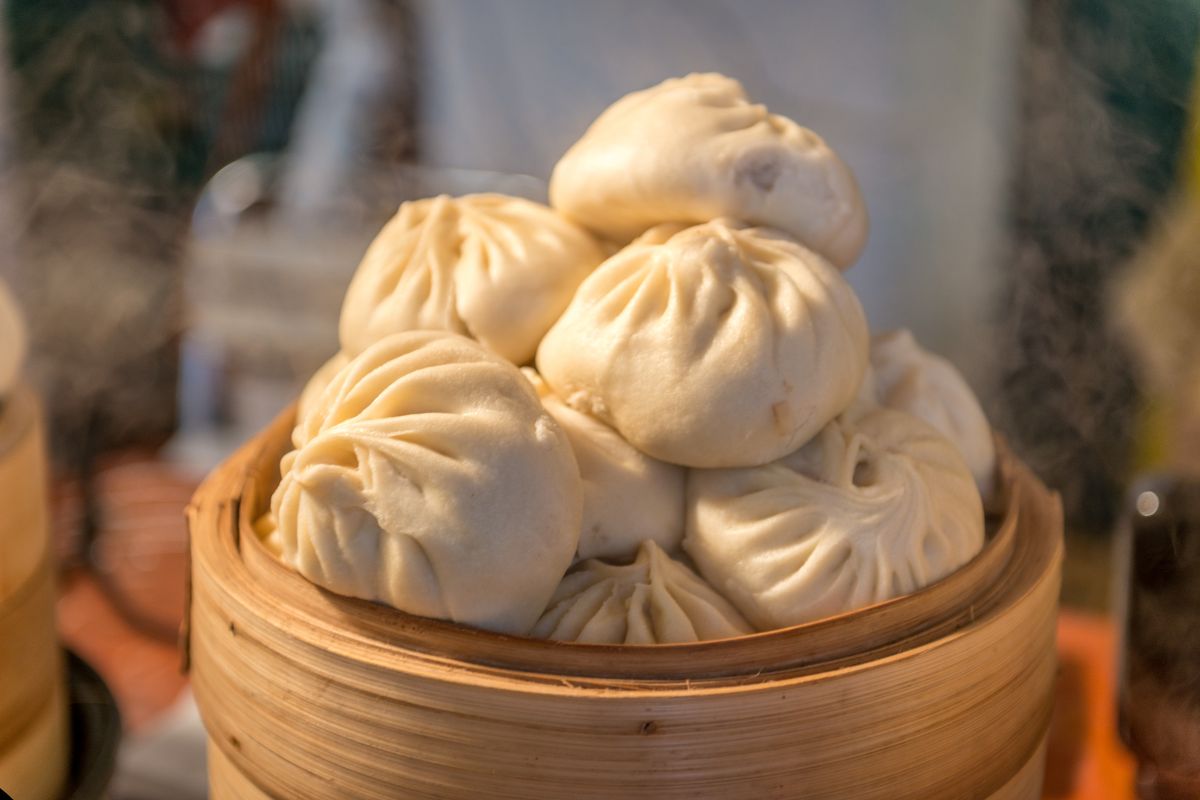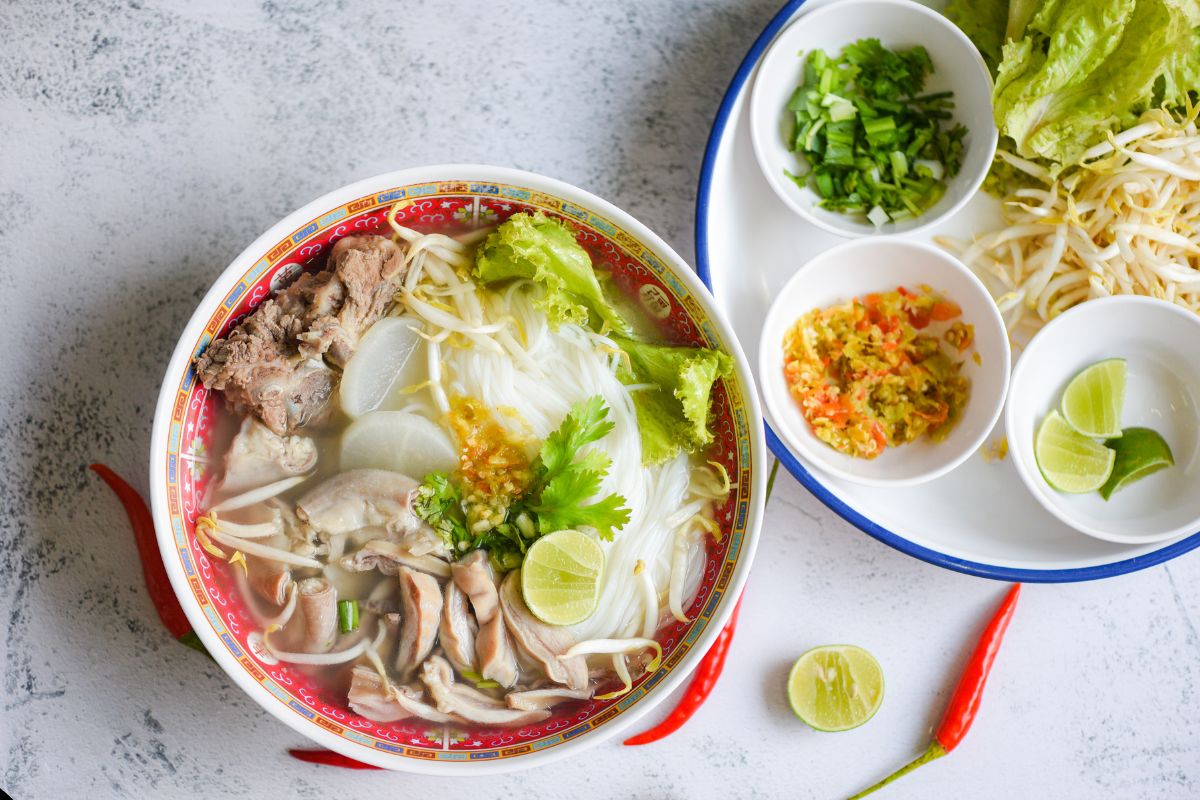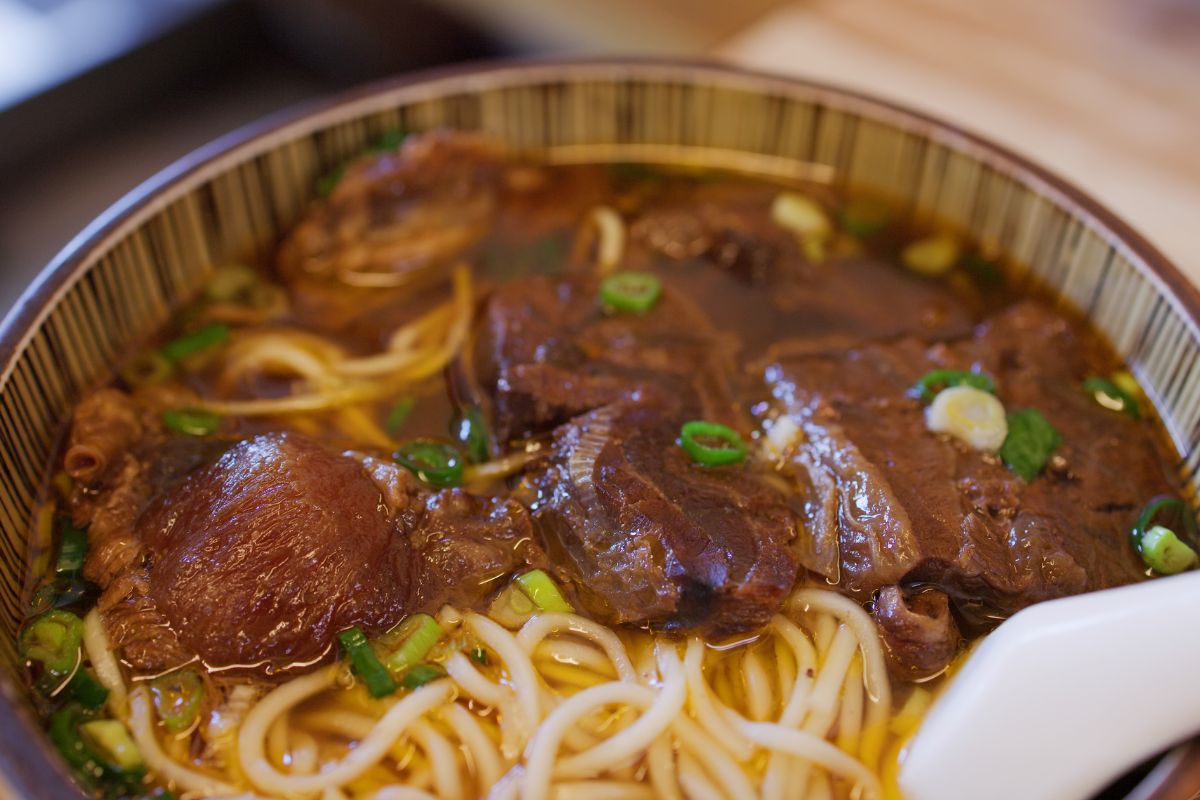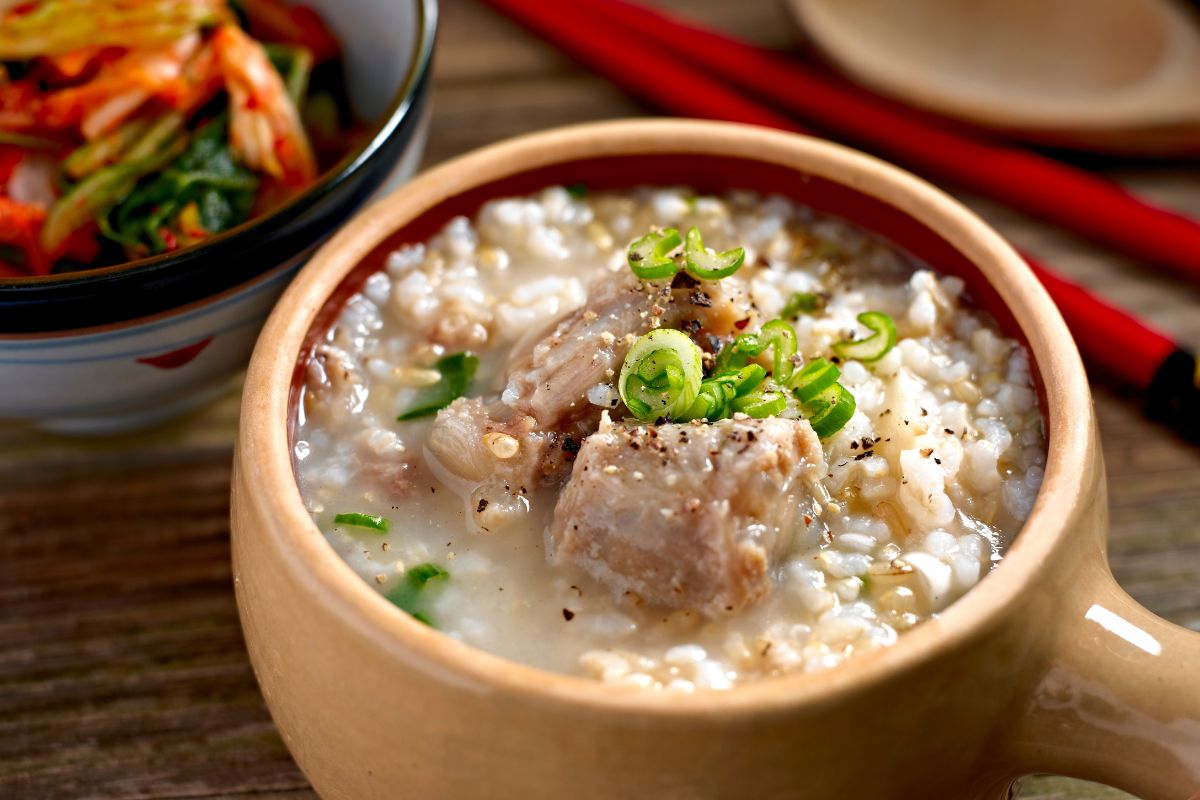Chinese Breakfast Culture: Regional Features and Health Philosophy
What kind of breakfast 早餐 (zǎo cān) do you enjoy? Breakfast is the most important meal of the day; with a delicious breakfast, we can fuel ourselves for the day ahead! In China, breakfast comes in a variety of flavors, with different regions boasting unique breakfast dishes imbued with rich health philosophies. This article will introduce you to the diverse breakfast culture in China!

早餐 (zǎo cān), noun, breakfast
Examples:
- What's for breakfast?
早餐吃什么?
zǎo cān chī shén me ? - Remember to eat breakfast.
要记得吃早餐。
yào jì dé chī zǎo cān 。
Northern Grandeur

In the morning light of Beijing, the rich aroma of soy milk and the crispy texture of fried dough sticks intertwine, accompanied by steaming buns, steamed buns, and fried dough sticks paired with soy milk or tofu pudding, forming the daily routine for many. On the streets of Xi'an, a bowl of piping hot lamb soup with bread or the fragrant and spicy hot and sour soup not only dispels the chill of winter but also awakens the vitality and vigor of this ancient capital. In the Northeast, cold noodles, with their unique sweet and sour flavor, embody the hearty and warm nature of the people on the black soil.
Southern Delicacy

Breakfast in the South imbues a sense of ceremony into the morning. The soup dumplings in Suzhou are exquisite and delicate, with a clear broth and delicious filling, reflecting the gentle sentiment of the Jiangnan region. The pan-fried buns in Shanghai, golden and crispy on the outside, juicy and flavorful on the inside, evoke praises with every bite. The duck blood vermicelli soup in Nanjing is bright red in color, rich in ingredients, leaving a lingering taste that allows you to savor the freshness of the ingredients and the dedication of the chef in every spoonful.
South China's Abundance

Dim sum breakfast in Guangdong is a masterpiece of culinary art. A pot of fragrant tea, accompanied by delicate dim sum - crystal-clear shrimp dumplings, tender and flavorful chicken feet, and smooth and tasty rice noodle rolls. This not only showcases the refinement and sophistication of Cantonese cuisine but also reflects the pursuit of a higher quality of life by the people of Lingnan. The various snacks in Shaxian County, Fujian, with their wide selection and affordable prices, perfectly balance taste and convenience, making them highly popular among the masses.
Western Roughness

The lamb soup with flatbread and beef noodles in the Northwest region are not only carefully selected in ingredients but also possess a rich and flavorful taste. Using freshly slaughtered lamb and high-quality wheat flour, each bite guarantees authenticity and deliciousness, leaving a rich and lingering taste. Yunnan rice noodles, with their signature sour and spicy taste, feature a meticulously brewed broth, clear and fragrant, enhancing the experience with fresh slices of beef, tender chicken cubes, crisp bean sprouts, sweet chives, and essential pickled vegetables and crushed peanuts. The distinct layers and rich textures make every mouthful a delightful journey for the taste buds.
Health Philosophy in Regional Breakfasts
North - Warming and Digestive Support
Northern breakfasts primarily consist of wheat-based foods rich in protein and carbohydrates, providing energy rapidly to combat the harsh winter climate in the North. Lamb soup with flatbread has a warming effect, ideal for warding off cold and keeping the body warm, particularly suited for wintertime consumption, embodying the traditional Chinese medicine philosophy of "nourishing form with form and organ with organ."
South - Nourishing and Stomach-Friendly
Southern breakfasts lean towards light and moist dishes. Steamed and boiled cooking methods retain the original flavor of ingredients, aiding in digestion and absorption. Particularly, the porridge米粥(mǐ zhōu) in Guangdong has excellent stomach-nourishing effects, aligning with the traditional Chinese medicine concept that "the spleen and stomach are the foundation of postnatal constitution," suitable for those with weak constitution or digestive system.

米粥 (mǐ zhōu), noun, porridge
Examples:
- Have you eaten your rice porridge?
你喝米粥了吗?
nǐ hē mǐ zhōu le mɑ ? - The porridge is very thick.
这个米粥很稠。
zhè ɡe mǐ zhōu hěn chóu 。
Northwest - Kidney Nourishment and Strengthening
The meat-centric breakfasts in the Northwest region, such as lamb soup with flatbread and beef noodles, are rich in high-quality proteins and iron, meeting the energy demands of labor-intensive activities prevalent in the Northwest.
Coastal Southeast - Yin Nourishment and Heat Clearing
Breakfasts in the coastal Southeast region, like Fujian's meat swallow, guobian huo, and Guangdong's cooling tea, focus on nourishing yin and clearing heat, adapting to the local damp and humid climate conditions. These dishes often feature seafood, medicinal herbs, and cooling ingredients like dendrobium, chrysanthemum, aiming to remove internal dampness and maintain the balance of yin and yang in the body.
Central and Southwest - Harmonizing and Tonifying
Breakfast in the central and southwest regions, such as Hunan's rice noodles, Chongqing's small noodles, and Yunnan's rice noodles, often boast a moderate level of spiciness and sourness, stimulating the appetite while aiding digestion. Ingredients like chili peppers and pickled vegetables promote blood circulation, accelerate metabolism, reflecting the principles of traditional Chinese medicine, suitable for those with qi and blood deficiency or digestive issues.
The allure of Chinese breakfast lies not only in the sensory pleasure it brings but also in its role as a part of cultural heritage. Each breakfast dish represents emotions and a way of life. Whether for busy professionals or leisurely elders, everyone can find a sense of warmth and satisfaction in this meal.